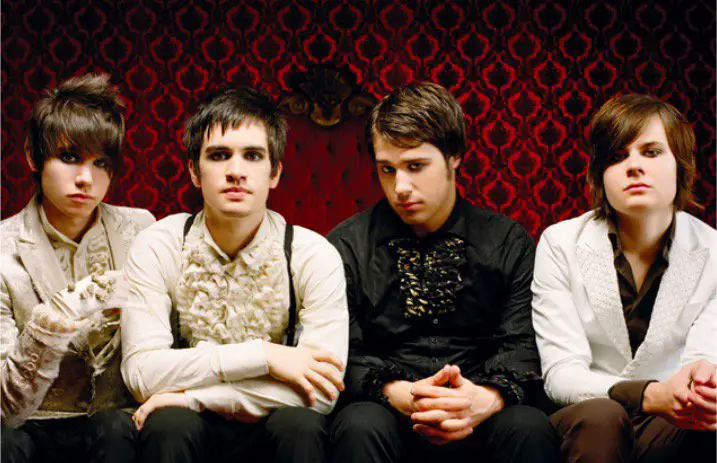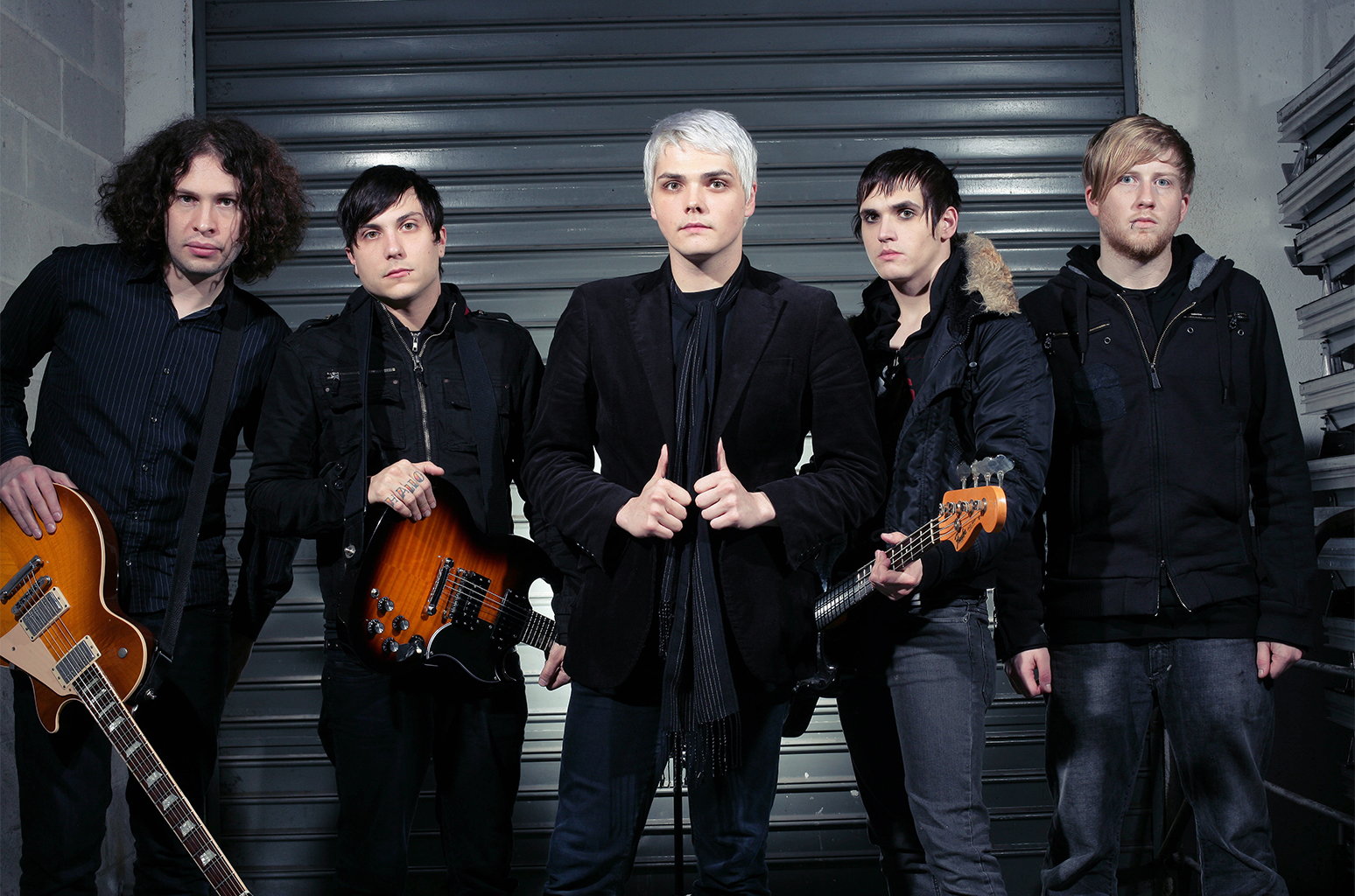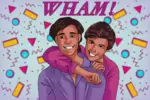There is no good without evil, and no classic-rock hits without angst-ridden punk. Think back to junior high school. Remember your first crush? How about the first awkward dance? What about when you got into a huge fight with your best friend over something small and insignificant? Do you remember the music you listened to? Yeah, pretty embarrassing.
It’s become a teenage rite of passage to go through the awkward, emotional years of junior high and high school with a terrible taste in music. Some of my college friends and I have developed playlists of the music we used to listen to, and we laugh about it while secretly kicking ourselves for having such an inexcusable taste in music.

Still, you can’t forget about everything you used to listen to, and you can’t take down your poster of My Chemical Romance, Linkin Park or Panic! At the Disco without reminiscing. Although your tastes in music may have changed for the better, it’s fun to dust off the old records, load up your iTunes account or break out your ancient MP3 player to listen to what once seemed like the deepest and most profound music of all time.
Besides taking you down memory lane, your old jams remind you of certain periods in your life and the emotions that came with them. During junior high and high school, most teenagers are defining who they are, especially with the sudden, unexpected desire for a significant other and an increasing awareness of the outside world. But, defining yourself as a person doesn’t end with graduation.
Believe it or not, college students, and other adults, still deal with the same day-to-day problems, just with slightly different circumstances. When you listen to your old music, it’s almost always emotional, and as old feelings come rushing back until, all of a sudden, you remember how you solved and learned from your past problems. The songs may not hold all the answers you were looking for then, and maybe they still don’t, but the way they bring up old memories helps you reorient yourself when you feel lost.
Still, it’s doubtful that you’d want to listen to all your old music all the time. If you pull up the songs you listened to years ago, every once in a while, you might discover something about yourself. Looking back through your favorites, you can see how far you’ve come in just a few years.
For instance, I listened to Taylor Swift’s “We are Never Ever Getting Back Together” practically on repeat after my first breakup, and I still know most of the lyrics. Music gets people through hard times because, even though the songs might not be particularly good, or any good at all, people relate to them. For a little more than three minutes, you know that someone else has experienced what you’re going through, and they survived it.
When it’s hard to talk to someone or confront your feelings, music reaches out and shows you that whatever you’re going through, you will get through it. T Swift certainly helped me (and, consequently, I know I never want to have a relationship like the one I had).
Most of the time, growing up refines peoples’ tastes (there’s more to life than just emo-rock and punk), but rediscovering eras of your lifetime through music shows your personal journey and may help you see where your future is headed. Reliving nostalgic feelings can help you reconnect to your former self and experience new connections by enjoying the same music as others, even if you’ve never met.
A lot of people experience the same emotions that some of your favorite artists sing about, which shows that there will always be a market for this type of music. Although the fourteen-year-old version of you would roll their eyes and sneer at the bands for “selling out,” it’s important for the music industry, as well as for the art of music as a whole, that artists continue producing this music, regardless of how shitty it is and how quickly audiences change the channel when it starts playing.
Music isn’t just about the listeners, and it’s too easy to forget that. Sure, most music is written to be performed in front of an audience, and audience reactions determine whether the artist changes the song or keeps making music. But, the songs artists write, whether privately or publicly, no matter what everyone says, are art.
Musicians write songs because they’re so passionate about something that they can’t explain it in words. Writing music is a cathartic experience for the artist because, usually in response to a troubled time in their life, they decided to create instead of destroy.
After all, who didn’t try to write a song at least once in their life? I’m pretty sure if I looked hard enough, I could find recordings of myself singing about my broken heart when I was a freshman in high school. Everyone tries to express themselves. Some can continue into music, while others shouldn’t quit their day jobs (Those recordings of me will never see the light of day again).
Most importantly, when it comes to listening to music that people affectionately, or not so affectionately, call garbage, liking it is enough. It may sound cliché, but everyone is different, and everyone likes different things. Don’t let anyone tell you what you should listen to or try to make you feel bad about listening to what you want.
Music is one of the best ways to heighten emotions and make connections with others. The truth of the matter is that people are emotional beings, and emotions are messy, but beautiful. Music is like a universal language, and all the different genres make up a wide expanse of human emotion. When you learn to accept what you like, and what other people enjoy, it creates, through music, an emotional harmony.
















